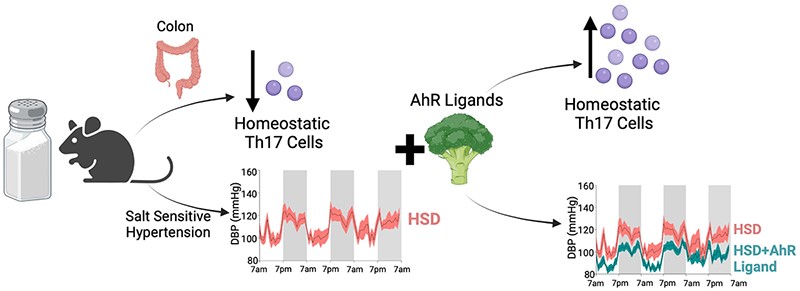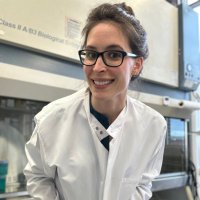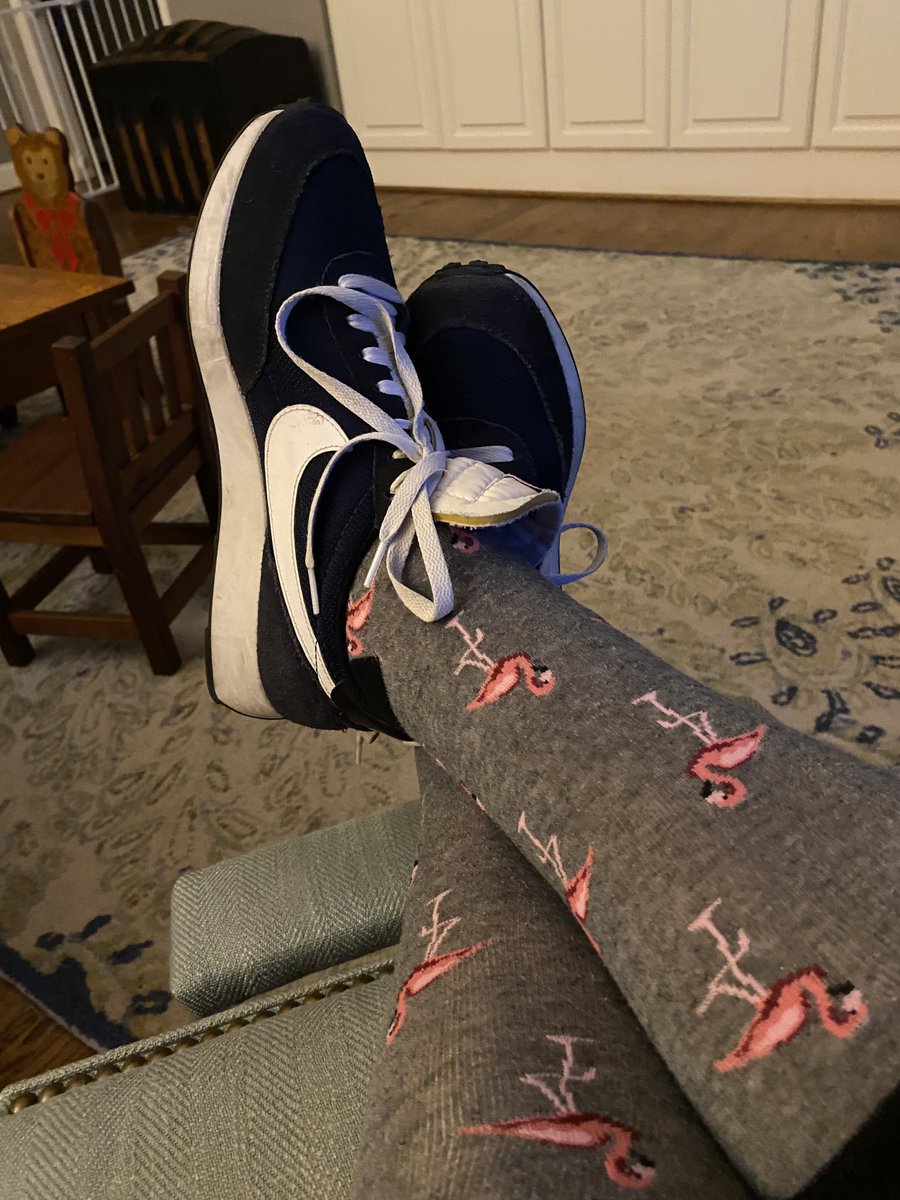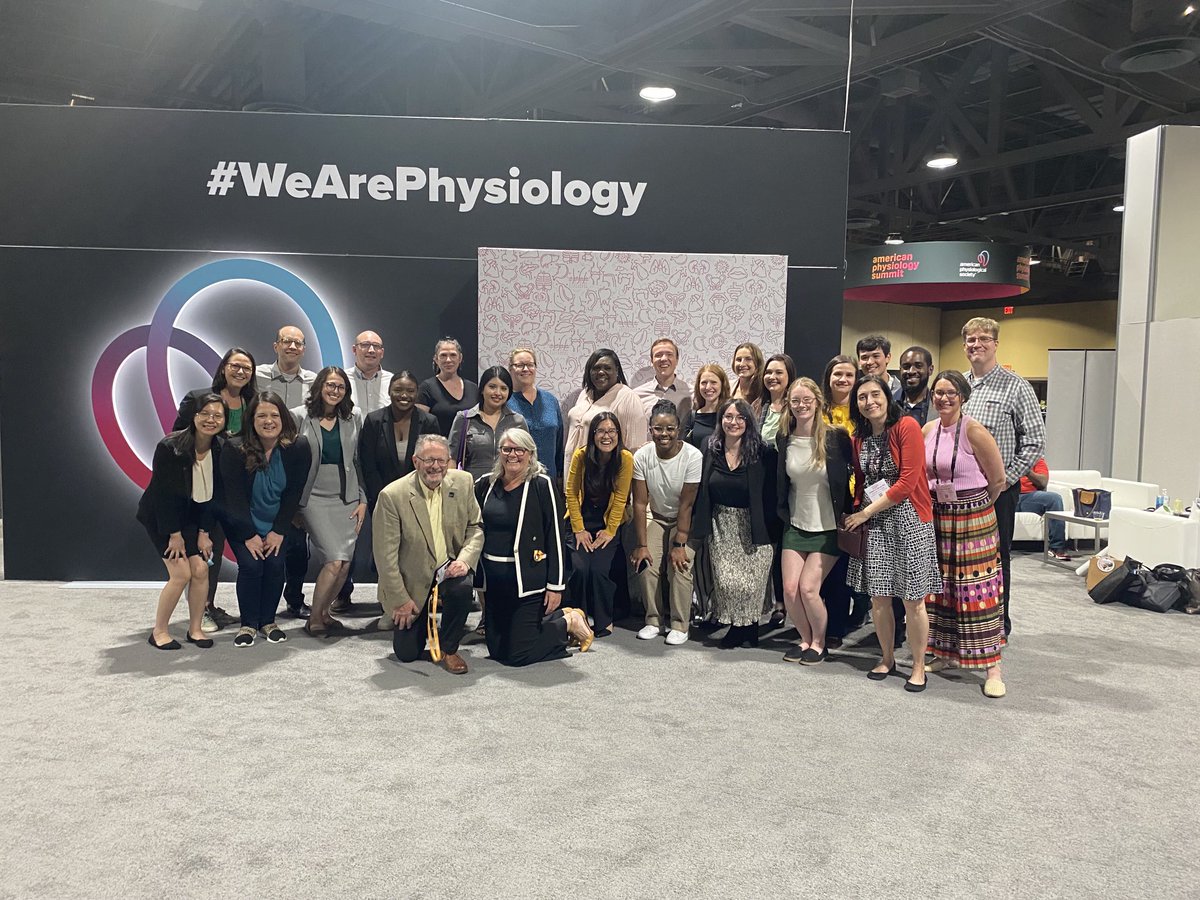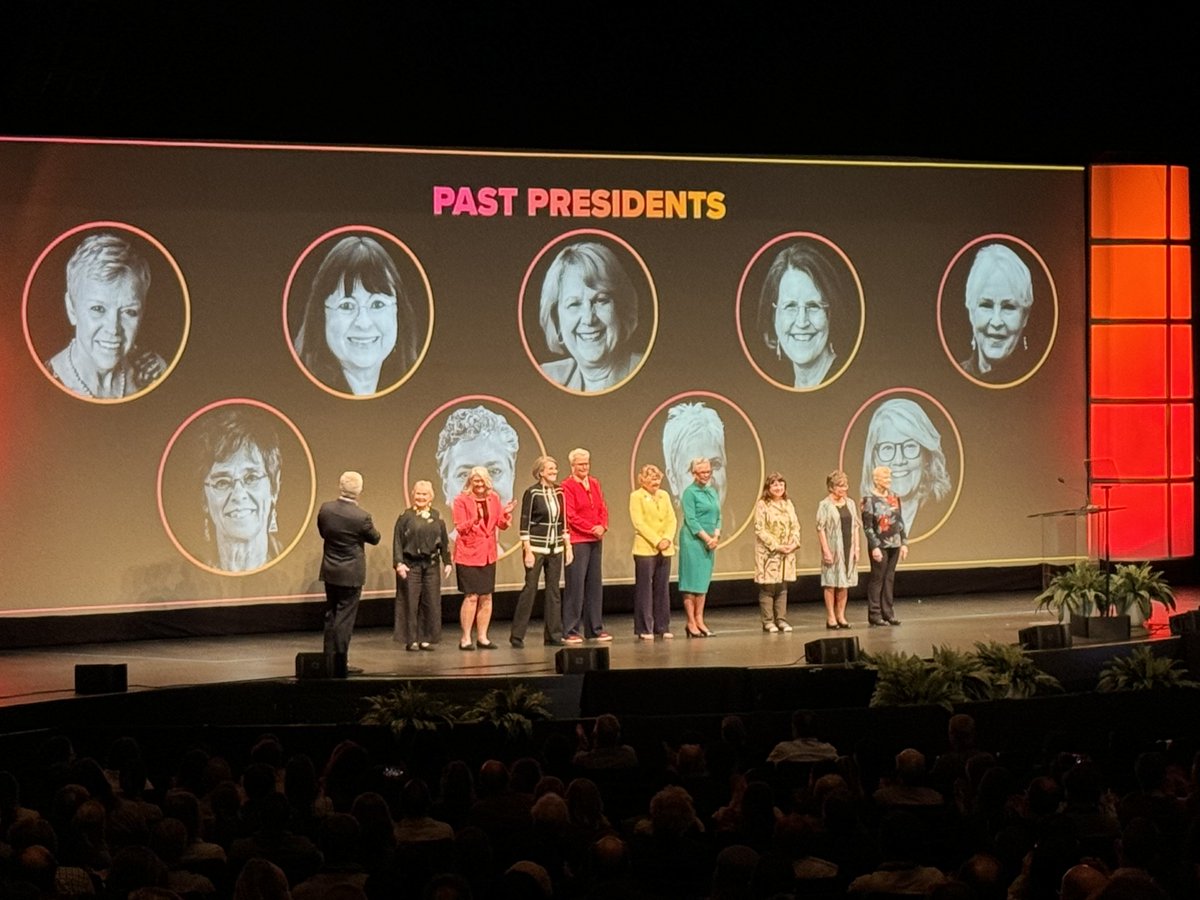
David Pollock
@davidpollock929
Renal physiologist, music lover, amateur woodworker and grill master
ID: 720938289
18-10-2013 16:37:26
245 Tweet
719 Followers
228 Following

What a great talk by Dr. Megan K Rhoads, PhD on how circadian gene Bmal1 is needed for food-base control of BP and temperature rhythm in the rat!! 👏🏼👏🏼👏🏼 session chaired by Dr. Michelle Gumz and David Pollock #Hypertension22 Andrew Michael South, MD, MS Council on Hypertension Kidney in Cardiovascular Disease American Society of Pediatric Nephrology International Pediatric Hypertension Association UAB Nephrology
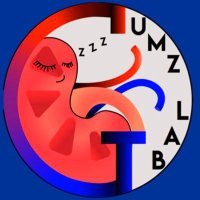
What a Great session! Timing is Everything: Rhythms and Blood Pressure Regulation David Pollock Dave Durgan Hannah Costello Megan K Rhoads, PhD @FizzyDoc #hypertension22 AHA Science AHAMeetings
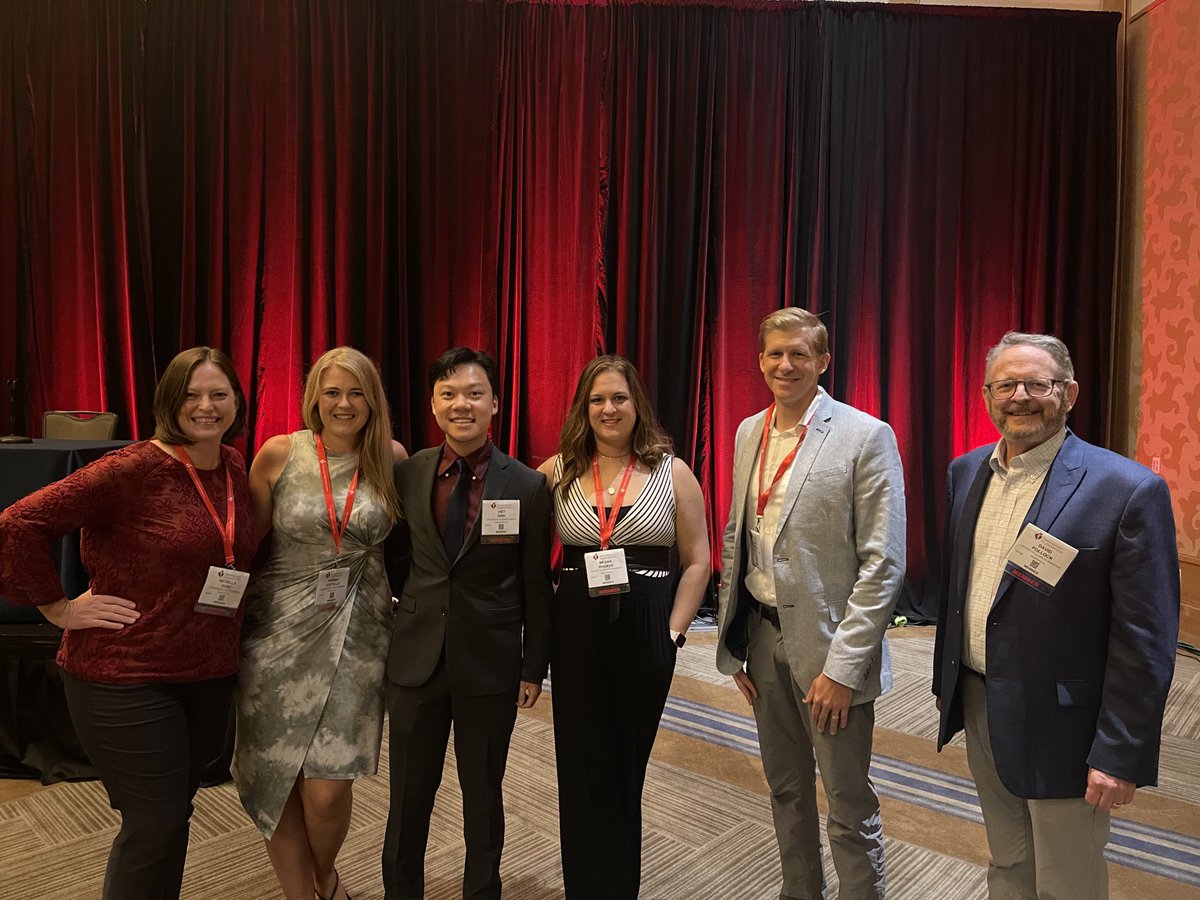







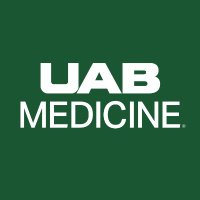
Deep South KUH PRIME - Post-doctoral Research Fellowships KUH PRIME in Kidney, Urology, and non-malignant Hematology diseases at Augusta University, Tulane University or UAB. Applications reviewed as received. sites.uab.edu/kuhprime/post-… David Pollock Orlando Gutierrez Dr Timmy Lee
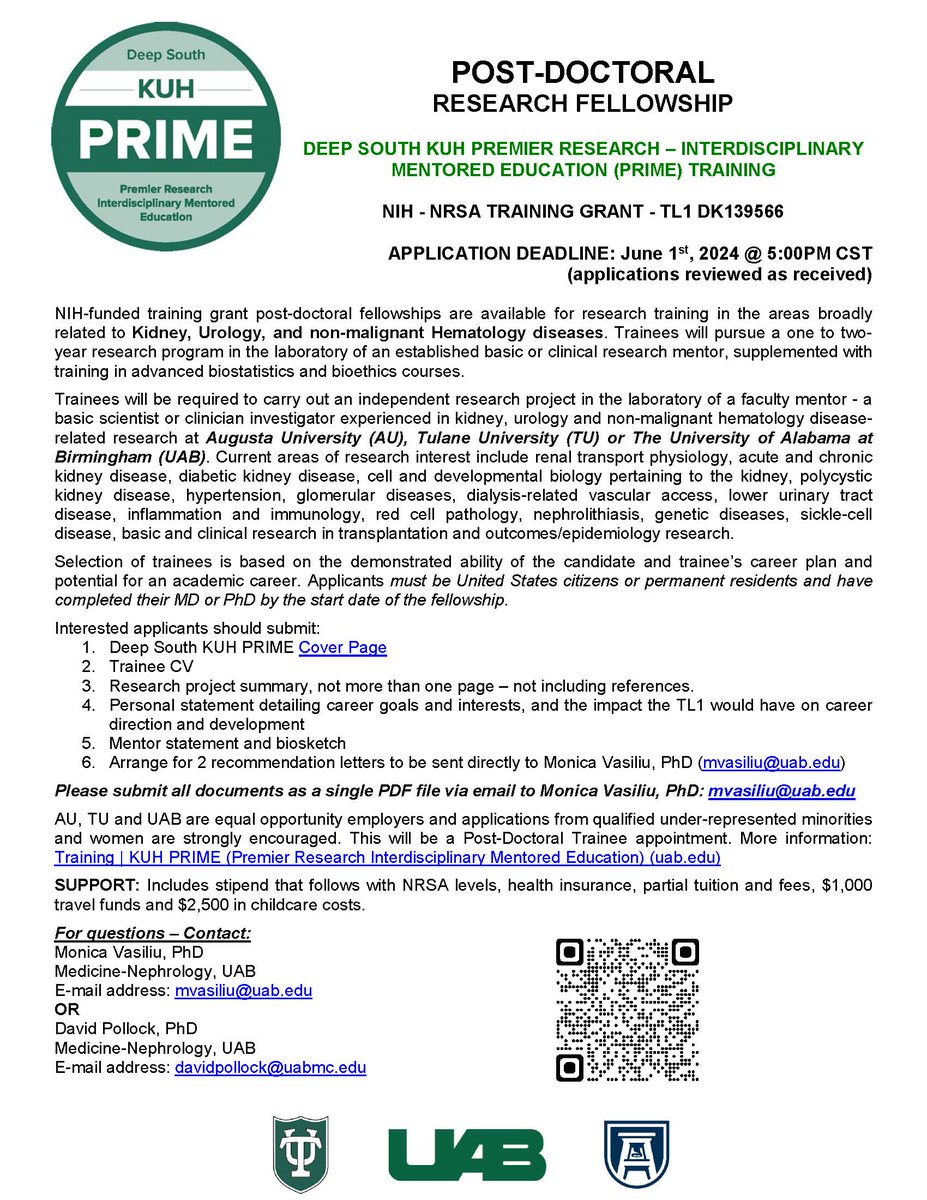
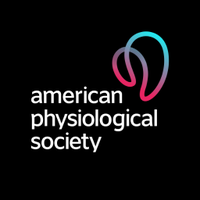
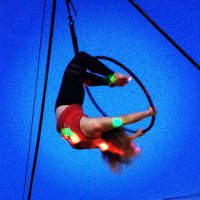
Check out my circadian partner in crime and fellow DPollock postdoc getting some well-deserved recognition at the American Physiological Society Renal AJP Renal Dinner!! Well done and well deserved Mary Latimer!!! David Pollock UAB Nephrology
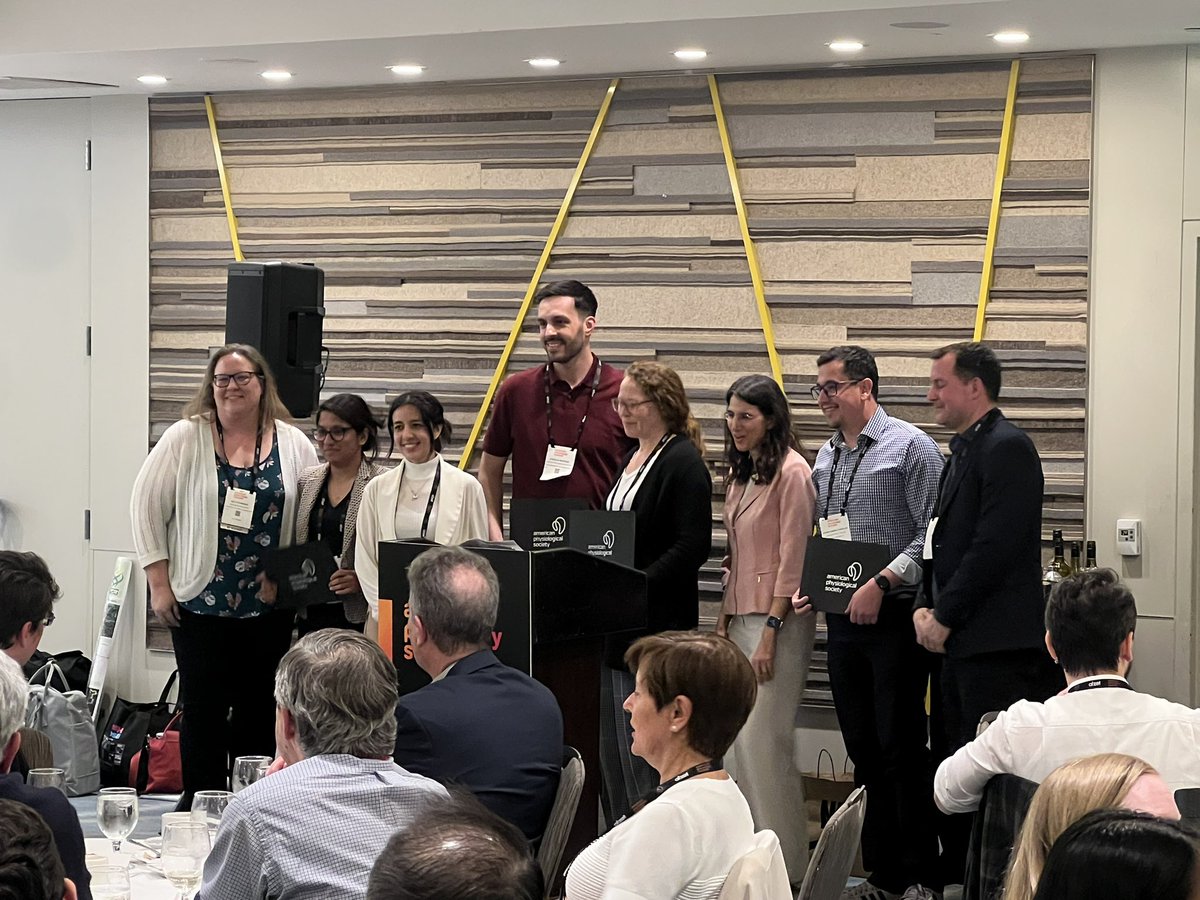

Thanks to the Pollockian Clan for a great APS Summit! So glad to see you all!! American Physiological Society #WeArePhysiology
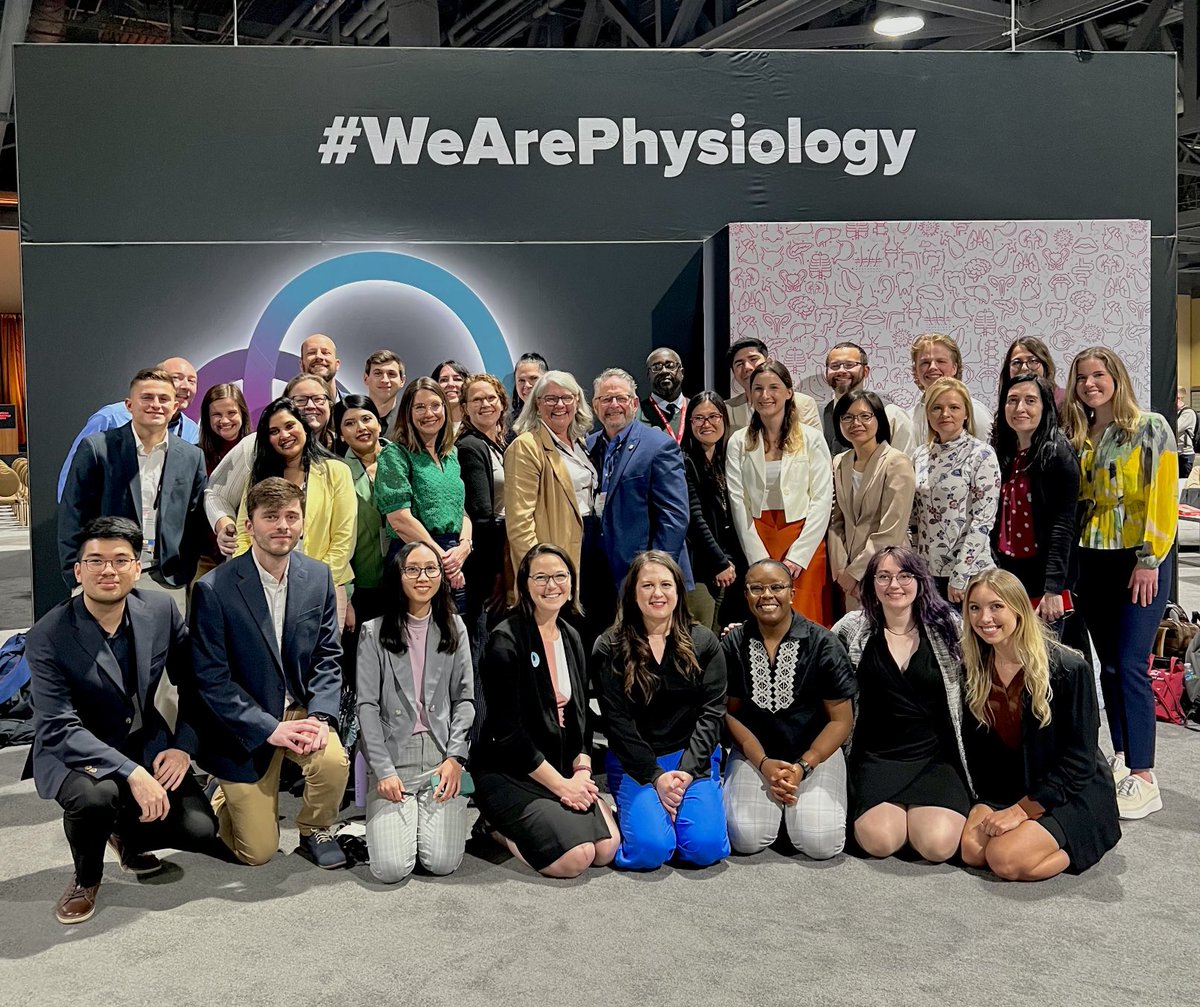

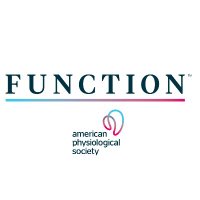
🆕In this newly accepted article, the team at UAB Heersink School of Medicine explores how activating AhR prevents the development of salt-sensitive hypertension. 🧂 Discover more: ow.ly/GsUa50UFk20 David Pollock UAB Heersink School of Medicine
